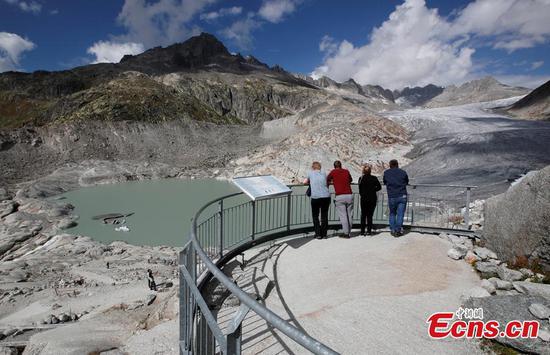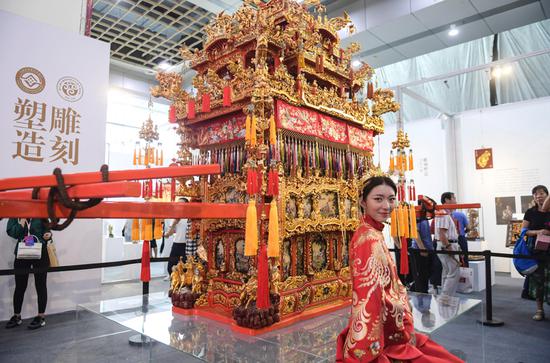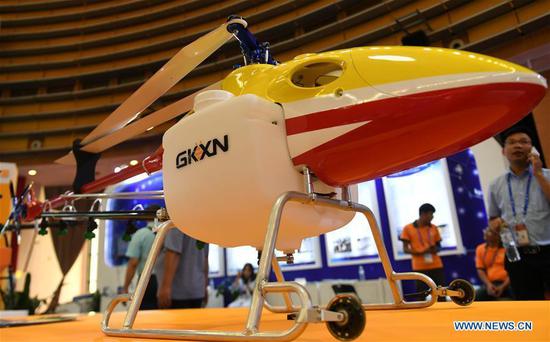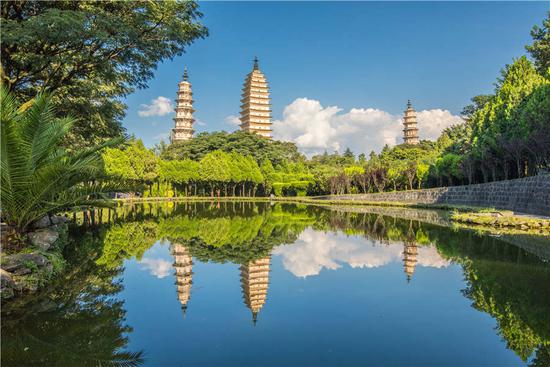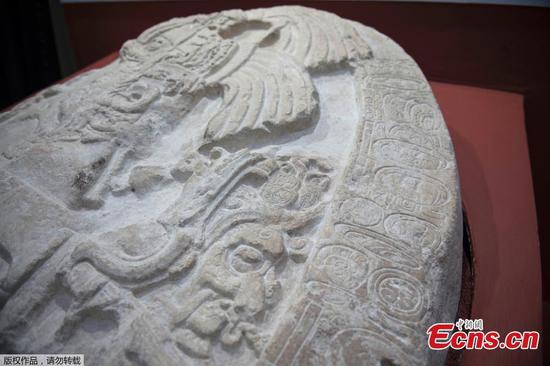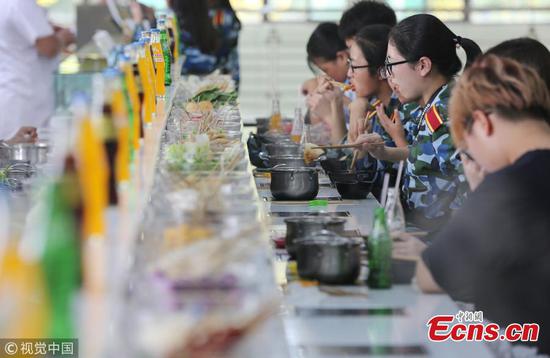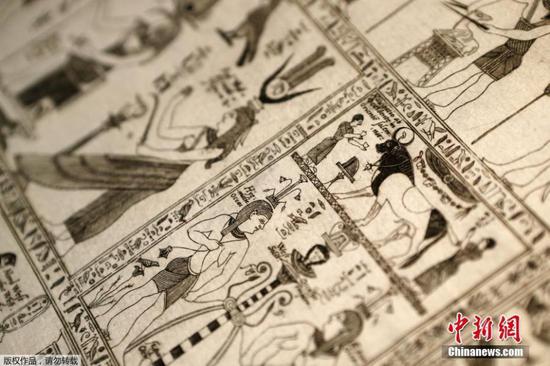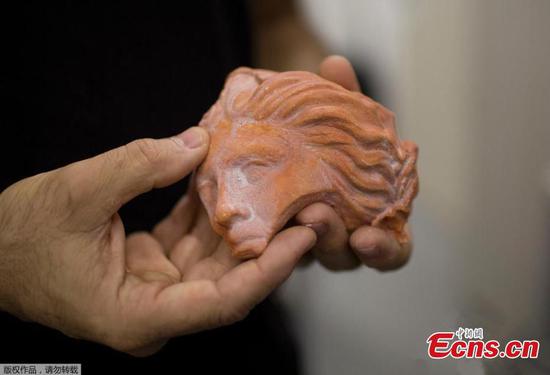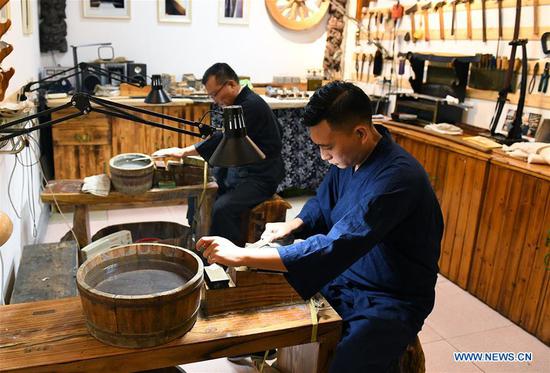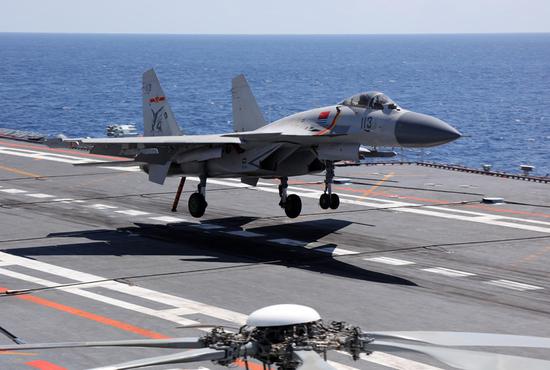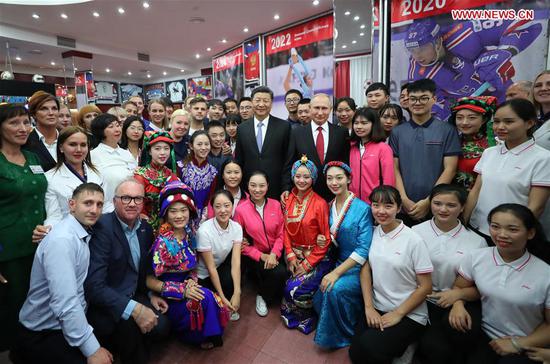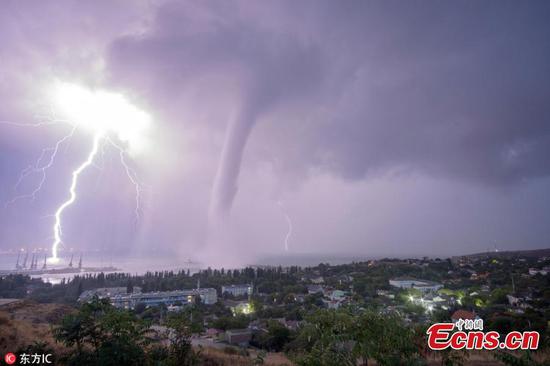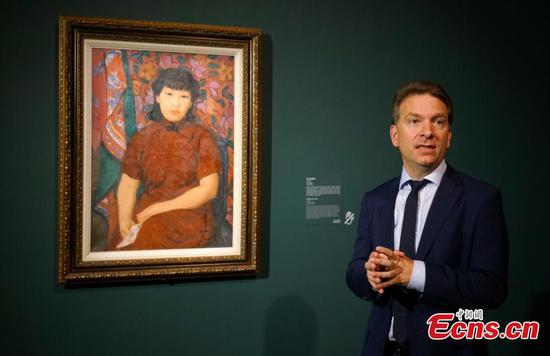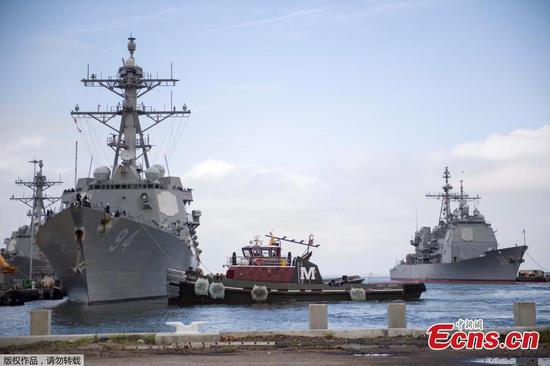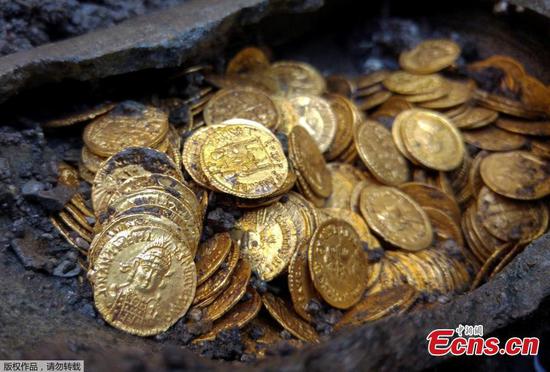![A stand displaying dried-durian products at the 15th China-ASEAN Expo. [Photo by Wang Zhuangfei/China Daily]](http://image.cns.com.cn/ecns_editor/transform/20180914/AgGd-fyxyuht5399927.jpg)
A stand displaying dried-durian products at the 15th China-ASEAN Expo. [Photo by Wang Zhuangfei/China Daily]
Malaysia hopes to attract more investment from Chinese companies and will remain committed to free trade, said a leading official from the Southeast Asian country on Wednesday.
"Malaysia wants to continue to be open to all countries and continue to be a strategic location to attract investment in Southeast Asia," Ong Kian Ming, Malaysia's deputy minister of international trade and industry, said on the sidelines of the opening ceremony of 15th China-ASEAN Expo.
"We have a China-ASEAN free trade agreement. Now, we are also negotiating the regional comprehensive economic partnership. There are many more opportunities for us to assure that we are committed to an environment of free and open trade, despite some of the global challenges we are facing.
"There may be certain people in certain countries that think free trade is something that they do not benefit from. What we need to do is to convince people around the world that free trade is good for everyone."
China has been the largest foreign direct investor in ASEAN in the past two-and-a-half years, and Malaysia's largest trading partner for nine consecutive years. In addition, the nation is now China's second-largest trading partner in ASEAN after Vietnam.
Ong expects such a mutually beneficial situation to be maintained over the next five to 10 years, as the China-ASEAN strategic partnership is set to boost investment and cooperation between China and ASEAN countries, including Malaysia.
He cited the example of the "twin industrial parks" of the two countries, Qinzhou Industrial Park in China's Guangxi Zhuang autonomous region, and the Kuantan Industrial Park in Malaysia, as examples of the remarkable progress made in economic cooperation between the two countries.
Launched in 2012 and 2013 respectively, the two industrial parks have seen a number of innovations in policy incentives, investment project promotions, international production capacity cooperation, and cross-border financial services.
The Kuantan Industrial Park is also the first in Malaysia to be jointly developed with China.
More Malaysian companies are expected to invest in the Qinzhou park, and more Chinese companies are expected to invest in the Kuantan park, Ong said, adding that Kuantan focuses on sectors such as energy-saving and environment-friendly technologies, alternative and renewable energies, high-end equipment manufacturing and the manufacturing of advanced materials.
Ong said he is committed to promoting multilateral economic cooperation among China, Malaysia and other Southeast Asian economies.
Zhou Mi, a senior research fellow at the Chinese Academy of International Trade and Economic Cooperation, said that economic cooperation between Malaysia and China has solid foundations and is based on a consensus on the principles of free trade and a multilateral trading system.
Such a consensus will overcome the challenges imposed by countries adopting unilateralism and protectionism, especially as China and ASEAN countries work together to accelerate the establishment of binding economic and trade agreements, Zhou said.









